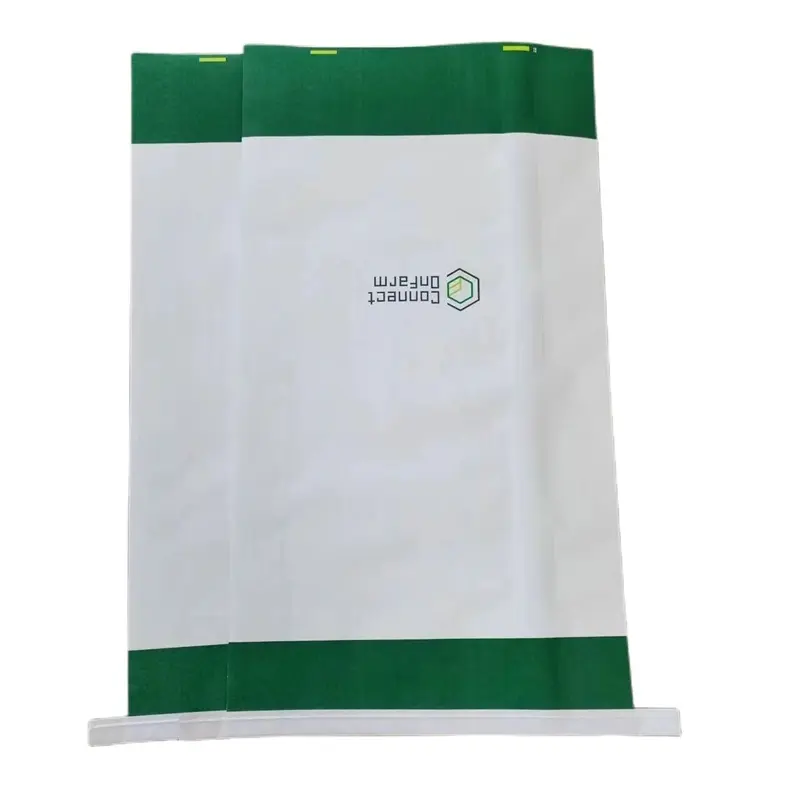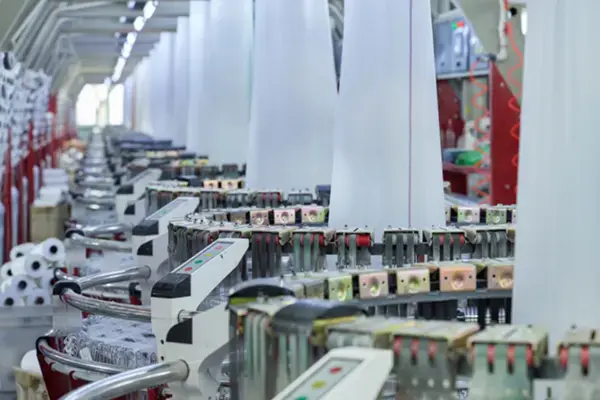Kraft paper bags, often considered part of the eco-friendly options, are made from pure wood pulp, so they are organic and can be recycled up to seven times. Generally, paper bags are recyclable. However, it’s important to note that in order for them to be successfully recycled, paper bags need to be clean and free of food residue, grease or heavy ink marks. In other words, if Kraft paper bags have oil or food stains on them, they're better off being composted rather than recycled.
Additionally, if the paper bag has non-paper parts (such as handles or strings), you should remove these parts before recycling. Some recycling programs may have additional rules or exceptions, so it's important to check your local recycling facility's regulations.
What are Kraft Paper Bags?
Kraft paper bags are a type of packaging made from paper that is produced using the kraft process, which involves the use of wood pulp. The resulting paper is strong and durable, making it ideal for carrying and transporting items. Kraft paper bags come in various sizes and are commonly used for shopping, packaging, and carrying goods.
Recyclability of Kraft Paper Bags
One of the key benefits of Kraft paper bags is their recyclability. Unlike many other types of packaging, Kraft paper bags can be easily recycled and are biodegradable. This means that they can be broken down and reused to create new paper products, reducing the demand for virgin materials and minimizing waste.
Recycling Process
The recycling process for Kraft paper bags involves collecting used bags, sorting them based on their quality and type, and then pulping them to create new paper. The pulping process breaks down the paper fibers, removing any inks or contaminants, and produces a pulp that can be used to manufacture new paper products.








